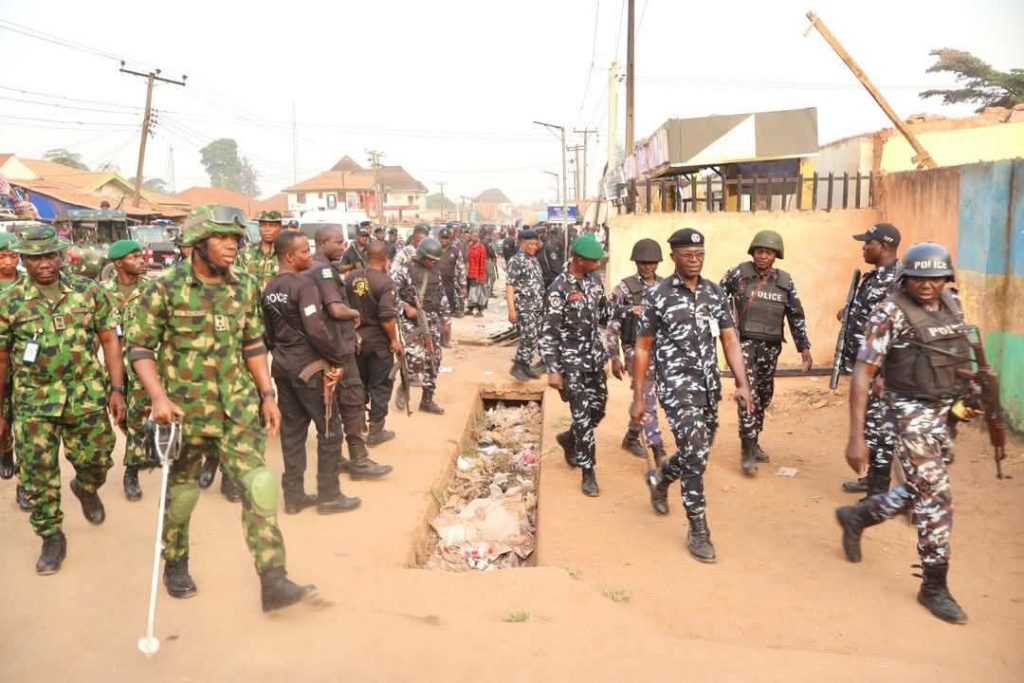Mozambique’s Cabo Delgado Province Hit by Largest Wave of Displacement Since February 2024
A devastating series of attacks by a non-state armed group has triggered the largest wave of displacement in Mozambique’s northern province of Cabo Delgado since February 2024. According to official estimates, over 50,000 people have been forced to flee their homes, with entire families, including young children, pregnant women, and elderly individuals with chronic conditions, walking for days to seek refuge in makeshift camps in Chiure town.
Médecins Sans Frontières (MSF) has launched an emergency response in two temporary resettlement centers, providing critical medical care, mental health support, and water and sanitation services to those in need. The organization is urgently calling for a coordinated and sustained humanitarian effort to address the surge in needs resulting from the latest displacement.
The conflict in Cabo Delgado has left a trail of invisible wounds, with many people fearing for their lives and struggling to access basic necessities like food, shelter, and healthcare. The crisis is unfolding in an already fragile context, with only six of the 16 health centers in the area remaining operational. The rest have been destroyed by either extreme weather events or armed conflict.
Rosalina Maciel, a resident of the village of Ocua, fled after attacks swept through the region. “When the attack happened, I was preparing my harvest for sale,” she recounts. “Then we heard gunshots, and everyone started running. Now, my entire village is gone, everything is ashes.” Rosalina’s experience mirrors that of thousands of others uprooted by the recent surge in violence.
MSF teams have found that anxiety is the most common symptom among adults in temporary centers, with people fearing for their uncertain future. The organization has delivered 4,509 medical consultations, identified 31 cases of malnutrition, treated 380 children for malaria, and facilitated group mental health activities reaching over 4,000 people.
However, aid cuts threaten humanitarian response capacities, with organizations responding to medical needs facing limited presence and interventions expected to conclude by the end of August. MSF remains committed to providing care and addressing the needs of people affected by conflict, but emphasizes that the scale of the crisis far exceeds what any single organization can address alone.
“The impact of violence shouldn’t be normalized,” says Sebastian Traficante, MSF head of operations in Mozambique. “More lives will be at risk, and the health and dignity of thousands will continue to deteriorate. People need a coordinated, long-term humanitarian commitment that guarantees access to healthcare and basic services for all.”



